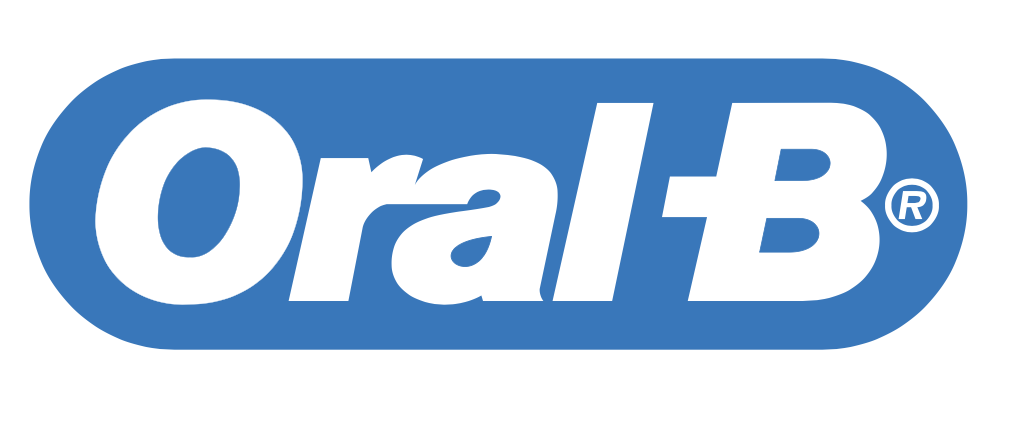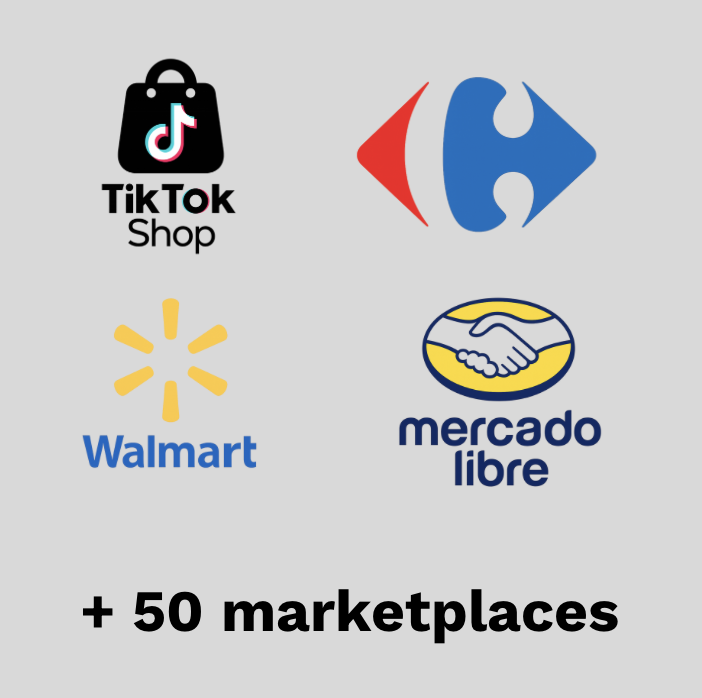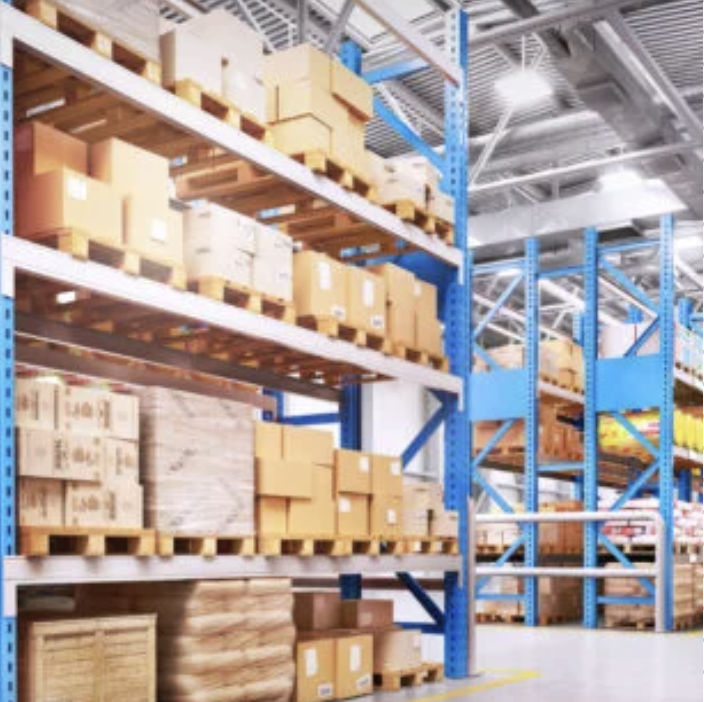Amazon agency with own technology
Amazon Expert and other Marketplace Global Consultant and Agency
We are an agency specialized in Amazon, Marketplaces and FullCommerce with a data-based execution through own technology and an ultra-specialized international team.

Some of our clients


















We cover all your digital needs
Specialized Amazon Services
We are a Amazon specialized agency, dedicated to creating and executing advanced strategies based on data analysis through own technology and a specialized international team.
Strategy and operational
We have a long international experience, both in the creation of strategies, and in their execution through an expert team.
Amazon Ads, DSP and AMC
We are Advanced Partner agency, and we give a full full-funnel service with specialized equipment and ads technology.
Own technology: Fredda.®
We have our own technology for Amazon with more than 100 functionalities, to make the best data -based decisions.
Technology and Execution
In Azzo we are much more than an expert agency, since we have own technology, international capacity and real experience for sale and management of large brands.
Why Azzgency?
Data and technology strategy
We make faster and faster decisions based on the analysis of large volumes of data
We maximize your advertising investment
We create and execute advanced full-funnel strategies based on teams and technology
Real experience for sale and operational
With your own sales, distribution, distribution , we know what really matters to brands.
Own Fulfillment and real operational capacity
With your own warehouses we can provide formation, distribution and sale on any platform
We are a partner with global reach and local execution
We have a presence in several countries with local specialized offices and equipment to provide a global service.
Expert teams and know-how on each platform
We help many brands successfully sell and climb their businesses worldwide
Special services
E-Reailers and Marketplaces
We manage brands on any e-commerce platform, both in model 1P and 3P, worldwide.
Fullcommerce
We offer a true ED-TE-End E-Commerce service for brands or distributors.
Influencers marketing
We have integrated the best influencers marketing capabilities, with specialized technology and execution.
Some success cases of our partners
Discover how our clients have managed to improve their results thanks to the partnership with Azzgency.

+ Data
Shein trusts Azzgency Pricing technology to optimize her daily strategy in marketplaces.

+80% roas
Increase of +80% annual growth of the brand Roas and increase of +133% of CR.

+34% orders
Thanks to an ADS Full Funnel strategy, advanced content optimization and catalog expansion.

+61% sales
Oral-B achieved a +61% sales growth and a +48% increase in the units sold.





